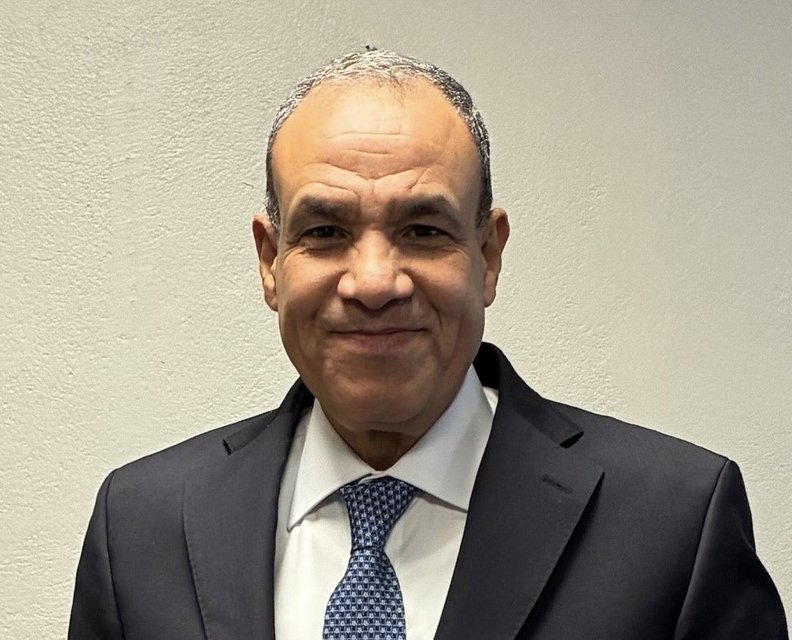
International Politics — In the past, our magazine awarded the Prize for Political Courage to President Anwar Sadat. In your opinion, who would deserve such an award today, in the Middle East and elsewhere?
Dr. Badr Abdelatty — In the Middle East, without hesitation, President Abdel Fattah al-Sisi. He is a man of peace, tolerance, and coexistence. Under his leadership, Egypt plays an essential role in regional stability and in promoting dialogue. President al-Sisi often repeats that no crisis in the Middle East can be resolved by military force— and he is right. Solutions must be political and peaceful, whether in Palestine, Sudan, Libya, Syria, or Yemen. Under his leadership, Egypt acts as an indispensable pillar of regional diplomacy. Look at its role in the Palestinian question: as we speak, delegations from Hamas, Israel, and the United States have gathered in Sharm Elsheikh to try to end the tragedy in Gaza.
P. I. — We will come back to these issues, but first I would like to know your opinion on Donald Trump's peace plan. Regardless of its final outcome, what do you think are its strengths and weaknesses? And do you think President Trump deserves to receive the Nobel Peace Prize one day?
B. A. — President Trump has presented himself as a president of peace. We have confidence in him. If he succeeds in ending this war and establishing a genuine peace process, he will fully deserve a Nobel Prize. He is a man of leadership, with a vision. If his plan succeeds, it could put an end to the bloodshed and offer a better future for our peoples and the younger generation.
P. I. — And, in concrete terms, what are the strengths of this plan?
B. A. — There are three key points.
First, the desire to end the war, which is crucial. Second, the clear rejection of any annexation of the West Bank, which is a very positive element. Finally, the refusal to displace the Palestinian people: the plan provides for the reconstruction of Gaza while guaranteeing the right of the Palestinian people to remain on their land and the return of those who had to flee. This is a third fundamental component.
But everything will depend on implementation. The only guarantee of success is President Trump's personal commitment. We hope that he will be able to impose this plan and encourage all parties to move forward step by step.
P. I. — Are you satisfied with the role assigned to Egypt in this plan?
B. A. — Egypt has long played a role in the search for peace, since President Sadat's historic visit to Jerusalem in 1977 — an initiative you mentioned a moment ago. So this is nothing new. We are building on solid foundations: we have succeeded in our mission as mediators, and we are bringing the parties together to reach a solution that meets the legitimate aspirations of the Palestinian people.
P. I. — Do you still believe in the two-state …
This website is freely accessible. To continue reading, you need to register an account.
I already have an account
I create my account
This will be your personal account where you could consult anytime :
- Order history
- Links to purchased magazines, articles, or interviews
- Personal informations













